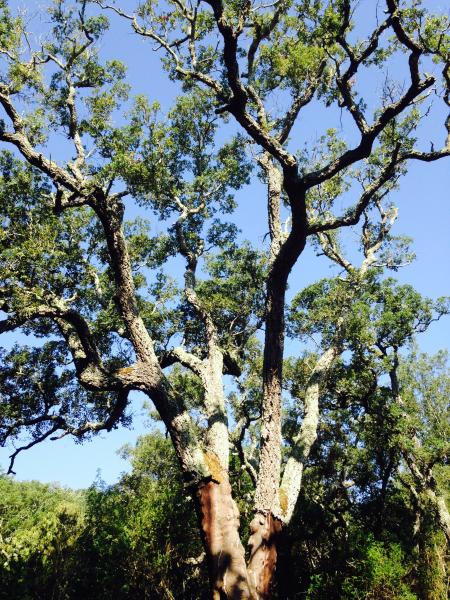
Objective:
The objective of this study is to establish a vigilance map to identify the areas where cork oak is adapted or inadapted to the forest station in a context of changing climate, through the BioClimSol tool developed by CNPF. This tool allows the collection and analysis of field data (soil, climate, sanitary conditions, ...). The vigilance map, by forecasting and locating the risks of decline of the Corsican cork oaks, will help managers take management decisions. The objective is to make silvicultural proposals in order to prevent and limit the risks of dieback.
Context:
The Corsican forests represent a vital economic, environmental and heritage issue for the Island. These forests located at the confluence of various climates are very sensitive to climate change. The cork oak is of great economic interest (cork, insulation,...) for the island and constitutes an habitat of community interest (9330 - Quercus suber forest) with an important environmental and patrimonial wealth. Faced with the observed decline of cork oak in Corsica, it seems essential to understand the causes and to quantify the impact of climate change on this decline in order to guide silvicultural management.
Contacts:
Florian GALINAT, florian.galinat@crpf.fr, https://corse.cnpf.fr/
Further information:
BERRAHMOUNI N. & BESACIER C., (juin 2010). FAO Silva Mediterranea : Adaptation des subéraies au Changement Climatique : Nécessité de renforcer la coopération régionale ?. France, 19 p.